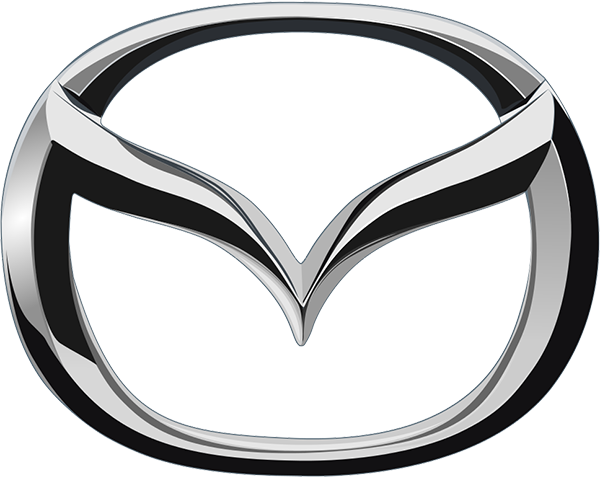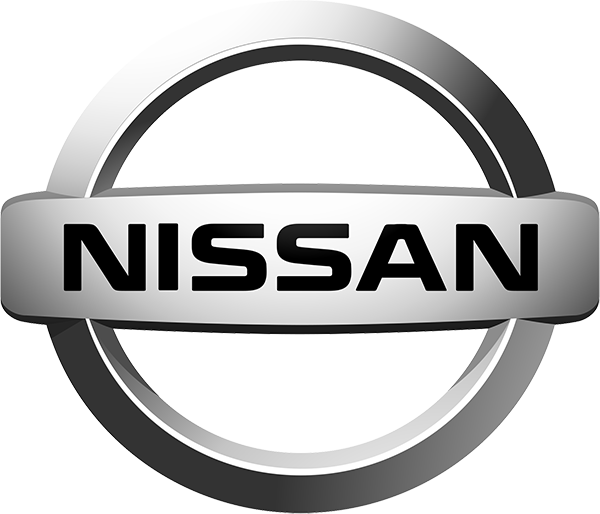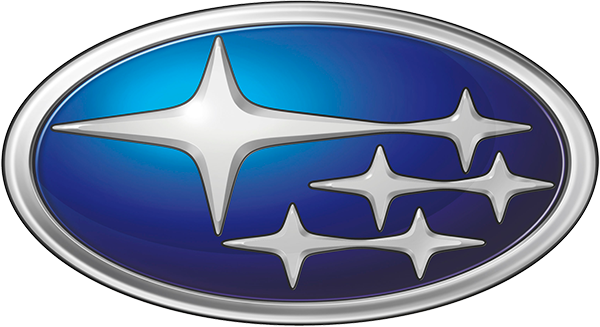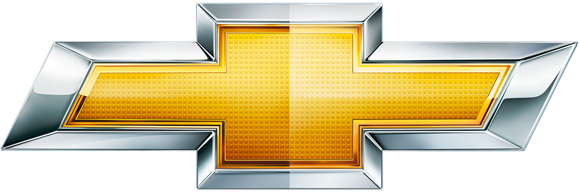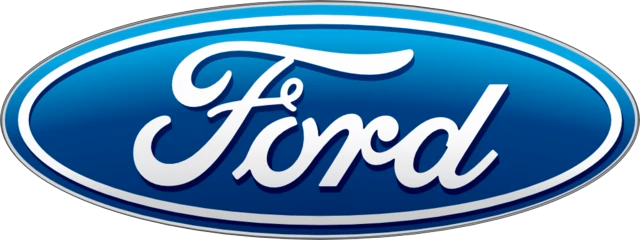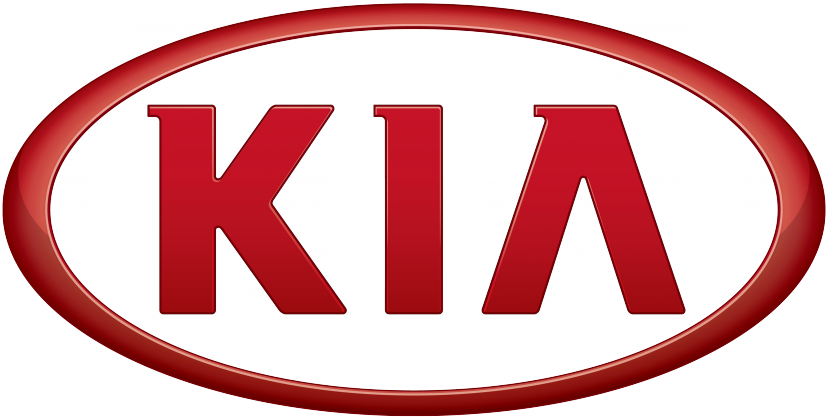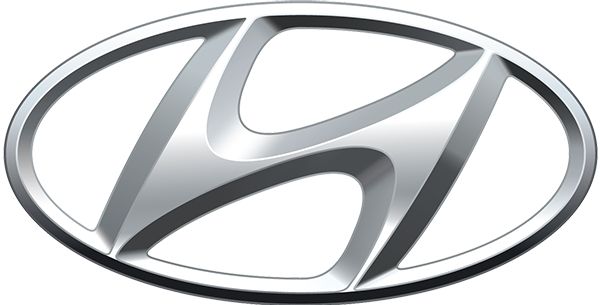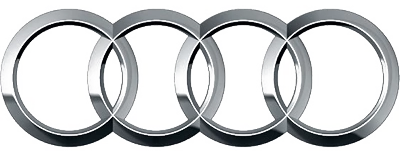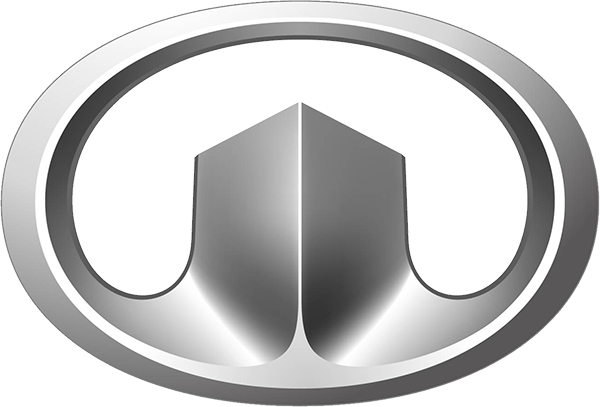What is E20 Fuel and Why is it Important for Vehicles?
E20 fuel, a blend of gasoline and ethanol, with a composition containing approximately 20% ethanol and 80% petrol, showcasing the gradual shift from traditional unleaded fuel to more sustainable options including E10 and discussions on moving towards higher blends for improved sustainability. Ethanol is a biofuel made from agricultural products like corn, sugarcane, or wheat, which makes E20, a blend of ethanol, a more environmentally friendly option compared to traditional petrol or even E10 fuel, offering insights into the shift towards higher blends and their potential for reducing reliance on oil. E20 petrol is gaining popularity due to its potential to reduce greenhouse gas emissions and dependency on fossil fuels, a goal that Indian Oil supports through its offerings, marking a territory in the transition from high octane, pure gasoline to more sustainable options, including higher blends for advancing environmental goals. It is considered a blended fuel, an important step towards more sustainable energy practices, which may use fuel additives to enhance performance, as seen in products like gasohol 95, offering a better experience over traditional pure gasoline fuels. The shift to higher blends like E20 would result in changes to energy density and could affect rubber parts in older vehicles.
The higher ethanol content in E20 fuel also contributes to better engine performance by increasing the octane rating, leading to improved combustion efficiency and reduced engine knocking, characteristic of a high-quality blend of ethanol, and hints at the potential benefits of moving towards even higher blends. This ethanol blend is an essential step forward in promoting sustainable energy sources and reducing the environmental impact of vehicle emissions, indicating the refinery industry’s crucial role in this transition.
Understanding the Composition of E20 Fuel
E20 fuel is a combination of 20% ethanol and 80% gasoline, while alternatives like E10 provide a different blend ratio for those interested in gradually adopting ethanol-based fuels, and discussing the potential for corrosion on engine components, especially rubber parts, i.e., seals and hoses. The ethanol component is derived from renewable sources like corn, sugarcane, or other plant-based materials, making the use of fuel like E20 and biodiesel an excellent way to offset carbon emissions, which is in line with the manual stating higher ethanol blend use, would result in a significant reduction in carbon footprint. This blend results in a fuel with higher octane levels and lower carbon emissions compared to regular unleaded petrol, much like the benefits seen with E10, and is moving towards E15 as a feasible option, exploring how higher blends impact energy density and vehicle performance.
The higher ethanol content in E20 also means it is oxygenated and cleaner burning, contributing to lower levels of harmful pollutants in vehicle exhaust, endorsing E20 as a superior blend of ethanol over E10 or E5 fuels. This composition makes E20 a more environmentally friendly option for powering vehicles while maintaining high-performance standards and potentially reducing oil imports, signifying a move into territory previously dominated by pure gasoline and marking a milestone for RS in sustainable practices.
Benefits of Using E20 in Your Vehicle
Using E20 petrol in your vehicle can lead to various benefits such as improved engine performance, reduced emissions, and support for sustainable energy practices, marking a significant switch to E20 and a reduction in oil imports. The ethanol blend in E20 contributes to a higher octane rating, which enhances engine efficiency and power output, similar to the effects observed with XP95, and suggests a move towards exploring lower octane solutions like E12 in certain markets, indicating a shift in RS methodologies towards more sustainable options. This makes E20 petrol a superior choice for those seeking both power and environmental responsibility, offering a distinct advantage over unleaded and even E10 fuels, by blending with 10% ethanol for a high octane, lower energy alternative, and signaling a trend in the RS towards cleaner fuel options. The use of fuel like E20 is much applauded for its positive environmental impact, setting a precedent for the further introduction of higher blends, i.e., E25 or E30, to significantly reduce carbon emissions in the long term.
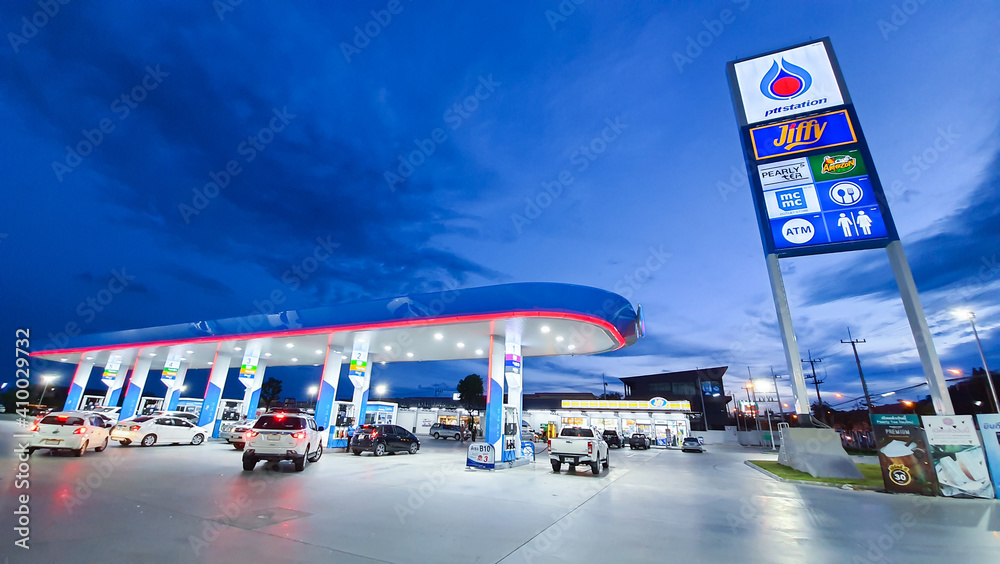
Additionally, E20 petrol helps decrease the overall carbon footprint of your automobile by releasing fewer harmful emissions into the environment, making every car that uses it a part of the solution to pollution. Choosing E20 can also support the growth of the biofuel industry and reduce dependence on non-renewable petroleum sources in the long run, demonstrating a strategic move to use a blend of ethanol like E20 or E10.
Which Vehicles are Compatible with E20 Fuel?
When considering vehicles compatible with E20 fuel, it is essential to check your owner’s manual for specific recommendations, especially for models that are also E10 compliant, to understand the risks of corrosion to engine components. While most modern cars are designed to run on E20 fuel, some older models or high-performance vehicles may require modifications or a sensor upgrade to use this ethanol blend efficiently, as outlined by the Ministry of Petroleum and Natural Gas. Team-BHP forums often feature discussions on upgrading cars for E20 compatibility, emphasizing the use of flex-fuel systems as a possible modification to reduce oil imports and offer a better experience compared to vehicles running on pure gasoline.
Brands like Toyota and Volkswagen Taigun have introduced models that are explicitly compatible with E20 fuel, meeting the needs of Indian Oil standards and addressing concerns related to corrosion and the degradation of rubber parts in fuel systems, paving the way for more ethanol-tolerant vehicles. These vehicles are equipped with engines and fuel systems that can accommodate the higher ethanol content without compromising performance or reliability on the road, making them E10 compliant as well.
Finding E20 Fuel Compliant Cars
When searching for E20 fuel compliant cars, it is crucial to look for vehicles that meet the necessary standards for using ethanol blends, ensuring they’re equipped with the proper fuel systems and sensors. Team-BHP’s comprehensive reviews can help identify these new car models that are suitable for E20 and possibly even biodiesel usage, fostering discussions in new threads about their practicality and benefits. Manufacturers like Toyota and Volkswagen have dedicated teams ensuring their cars are compatible with E20 fuel, providing consumers with reliable options for sustainable driving as per BS6 standards, which is a significant step toward using blended fuels for a lower energy alternative to pure gasoline.
SUVs and sedans from these brands are among the popular choices for E20 users seeking a blend of performance, efficiency, and environmental consciousness in their vehicles, indicating a preference for fuels blended with 10% ethanol for a lower energy impact. Choosing an E20-compliant car ensures you can fully enjoy the benefits of using this ethanol blend without any compatibility issues, akin to updating your browser before proceeding for a smoother, better experience. This is much like selecting vehicles compatible with Indian Oil’s XP95, with E20 requiring careful consideration of corrosion to engine components, akin to adopting a new browser before proceeding with more sustainable fuel options. New car models are increasingly designed to be E20 compatible, aligning with the latest BS6 norms and making use of advancements in fuel may enhance operational efficiency and mitigate corrosion risks.
Steps to Switching from Regular Petrol to E20 Fuel
Transitioning your vehicle to E20 fuel requires a few simple steps to ensure a smooth switch from regular petrol, highlighting the need for adherence to guidelines provided by the Ministry of Petroleum and Natural Gas going forward. Please enable JavaScript to view, as JavaScript is disabled, and guys know how crucial it is for accessing content on Team-BHP forums regarding E20 fuel discussions on energy density, higher blends, and their implications for electric vehicles (EVs) and traditional internal combustion engines. Start by checking the availability of E20 petrol at your local petrol pump and confirming compatibility with your new car model to ensure it is E20 compatible and assess potential risks like corrosion to engine components. Once you have verified compatibility, you can gradually introduce E20 into your fuel tank, making a conscious switch to E20 for a more sustainable driving practice, similarly to how drivers may use E10 as a transitional fuel.
Consulting your owner’s manual for guidance on using E20 fuel and any specific instructions from the manufacturer can help prevent any potential issues during the transition process, promoting a better experience with these blended fuels. It’s crucial for vehicles that also use fuel like diesel to examine their manual states to understand the compatibility with blended fuels like E15, and to be aware of the variations in energy density and potential effects on rubber parts within the fuel system. By following these steps carefully, you can start benefiting from the advantages of E20 fuel while maximizing your vehicle’s performance and efficiency, and considering the impact on oil imports, the shift suggests a warrant for a new thread of discussion regarding engine compatibility.
Future Trends in E20 Fuel Utilization in Vehicles
The future of E20 fuel, alongside alternatives like E10 and E85, looks promising as more countries and consumers embrace sustainable energy solutions to offset greenhouse gas emissions, highlighting the role of gasohol 95 in reducing carbon footprint. Predictions indicate a significant global adoption of E20 fuel by 2023 and 2025, driven by increasing awareness of environmental concerns and the benefits of using ethanol blends in automobiles, including the choice between E10 or E20.
E20’s positive impact on vehicle performance and fuel economy is expected to play a crucial role in its widespread utilization across different regions, including considerations for EV compatibility and the transition towards higher blends for conventional engines. This makes E20 much more appealing than traditional fuels like E5 or E10, and even more so when considering the lower energy footprint compared to pure gasoline, aligning with environmental goals and pushing the conversation towards blends like E15. As advancements in ethanol production and engine technology continue, the integration of E20 fuel into mainstream automotive usage is likely to accelerate further in the coming years, alongside the adoption of E10 compliant vehicles.
Predictions for the Global Adoption of E20 Fuel by 2023 and 2025
By 2023 and 2025, it is predicted that E20 fuel, a blend of ethanol, will become a prominent choice for drivers worldwide, with a noticeable shift towards eco-friendly and sustainable driving practices. Countries like Thailand have already made significant strides in promoting E20 fuel through incentives and infrastructure development, setting a precedent for other nations to follow suit, illustrating the global shift towards embracing fuels like E12 and E15 in the near future.
The transition to E20 fuel is expected to bring about positive changes in fuel consumption patterns, emission levels, and overall environmental impact, as advocated by the Ministry of Petroleum and Natural Gas. As more automakers focus on developing E20-compatible vehicles and governments support the shift towards cleaner energy sources, the future of E20 fuel appears promising for both drivers and the planet.
Challenges and Solutions for Using E20 Fuel in Your Car
While E20 fuel offers numerous benefits, it also presents challenges such as corrosion of engine components that drivers need to address for optimal performance and efficiency, a concern that the manual states for vehicles utilizing fuels blended with 10% or more ethanol. Issues related to E20’s octane levels, typically around RON 91, i.e., and engine functionality may arise, going forward, requiring proper maintenance and tuning to ensure smooth operations with this ethanol blend. Proper tuning can offset potential issues related to corrosion, similar to how upgrading a browser before proceeding can enhance the user experience with E20 blended fuels, an analogy that warrants further exploration in car manuals. Team-BHP forums often discuss how to address such issues efficiently with E20 and possibly XP95 fuels, including concerns about corrosion of engine components, indicating a shift in territory towards more environmentally friendly fuels for a better experience.
Addressing emission concerns and reducing the carbon footprint associated with using E20 petrol are crucial aspects of sustainable driving practices, also alleviating the stress on oil imports, and providing a better experience than using pure gasoline. By monitoring fuel consumption, engine performance, and emission levels, drivers can actively contribute to minimizing their environmental impact while enjoying the advantages of E20 fuel, understanding the switch to E20 is beneficial.
Addressing Issues Related to E20’s Octane Levels and Engine Functionality
Maintaining the appropriate octane levels and engine tuning is essential when using E20 petrol to prevent any adverse effects on automobile performance, with a focus on the integration of BS6 compliance measures. This advice is frequently shared among enthusiasts on Team-BHP, often warranting the creation of a new thread to discuss the nuances of fuel blending and its implications on vehicle performance and rubber parts, emphasizing the intricate balance between efficiency and material compatibility. Regular checks and adjustments by qualified technicians can help optimize engine functionality and ensure a seamless driving experience with E20 petrol, affirming the automobile’s E20 compatible status.
Dealing with emission concerns and carbon footprint management are also vital components of using E20 fuel responsibly, ensuring that automobiles are E20 compatible to meet environmental standards, which aligns with the shift towards blended fuels like E20 over pure gasoline for a better experience. By adhering to recommended maintenance schedules, utilizing quality E20 fuel, and adopting eco-friendly driving habits, drivers can mitigate potential challenges and promote cleaner, more sustainable transportation practices.





